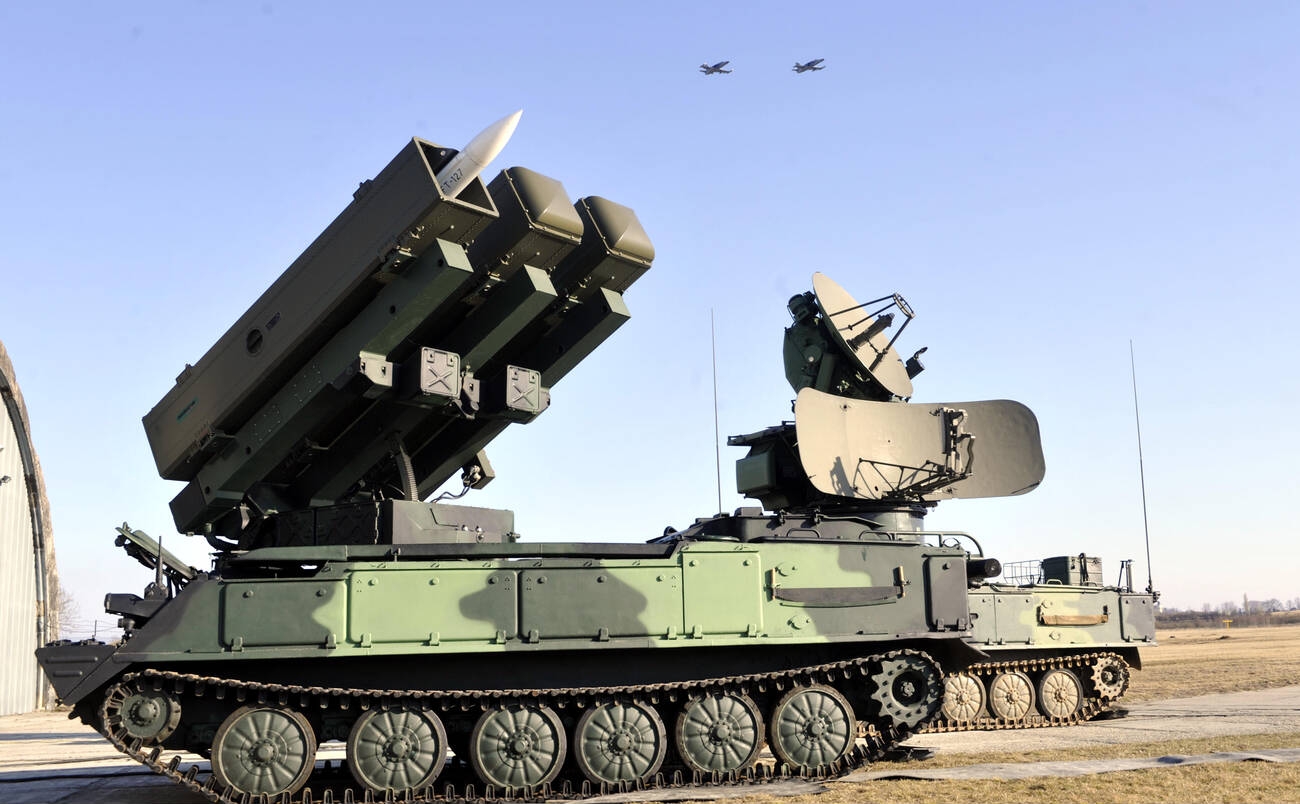UK-Germany Defence Deal Signals a New Chapter of European Cooperation
Britain and Germany have taken a historic step by exchanging a cooperation treaty, the most significant defence cooperation between

Britain and Germany have taken a historic step by exchanging a cooperation treaty, the most significant defence cooperation between the two countries since World War II. The UK-Germany defence deal, in addition to being a sign of a geopolitical shift in European geopolitics, also reflects the new post-Brexit Britain’s direction in foreign policy. With Britain now embarking on a new journey outside the EU, this partnership with the economic behemoth of the EU sets a new benchmark for defence and technology cooperation. Threats are mounting worldwide, and power is being redistributed. Britain and Germany are both seeking to build their bilateral relationship beyond classical diplomacy. Such alignment is likely to have implications for NATO, the EU, and the transatlantic community as a whole.
A New Benchmark in European Defence Cooperation
People are hailing the UK-Germany defence deal as a benchmark in postwar relations in Europe. Although the two countries have been NATO’s longstanding allies for decades, the degree and magnitude of their bilateral agreements with each other suggest a more independent and specialised defence policy. The deal establishes interstate collaboration on intelligence sharing, bilateral exercises, cybersecurity, and the research and development of long-range weapons. The UK Ministry of Defence asserts that the alliance is not merely symbolic, but rather technical and operational, with concrete deliverables and co-investment. Increased security concerns from Russia and unrest in Eastern Europe are driving them to sign the agreement. More importantly, it represents an Atlanticist shift toward European nations becoming more independent in defence, particularly with the long-term US commitment to NATO evolving increasingly. By combining their efforts, Britain and Germany can rationalise practice and respond more quickly to emergencies within the area.
The Super-Taurus Missile Project: A Technological Breakthrough
Perhaps the most notable feature of the British-German defence understanding is their collaborative work on a next-generation long-range missile, dubbed “Super-Taurus” for code purposes. The estimated range exceeds 2,000 kilometres. The missile system will be Britain’s most advanced weapon to date and a key innovation in European defence technology. The project pairs British guidance and control technology with German precision engineering and aeronautics. Both governments emphasise that they designed the missile solely for defence deterrence. They aim to deter new threats, particularly from rogue states and terrorist organisations. The development project is already underway, with 2027 as the target delivery date for the prototype. Defence officials say that this will not only enhance national security but also position the two countries at the forefront of European defence. Furthermore, the two countries can reduce their reliance on French and US missile technology, thereby enhancing their strategic autonomy.
Post-Brexit Realignment: Beyond Economic Interests
While Brexit imposed maximum tension between the UK and its European neighbours, the defence agreement between the UK and Germany demonstrates that rational interests often outweigh politics. The defence agreement clearly shows that, despite Brexit, Britain anchors itself more firmly in European security infrastructure. Germany, always wary of solo military ventures, views the UK as a high-prestige partner. The UK has global reach and an advanced defence system. This agreement can also serve as a precedent for similar agreements with other European nations, thereby forming a mosaic of defence partners that encourages European independence. Importantly, there is no immediate connection between this agreement and the EU’s Common Security and Defence Policy (CSDP), so the UK does not forego sovereignty but remains committed to profound military integration.
Weaning Military Dependence on the United States
One of the more intentional implications of the UK-Germany defence deal is its capacity to reduce Europe’s military dependence on the United States. Europe has invested several decades in complementing its NATO campaign with an excessive reliance on American leadership and resources. The recent shift in political attitudes in the US has raised questions about America’s reliability. This two-sided agreement introduces a new model—EU nations sharing resources and developing regional systems. The accord is not anti-NATO, but rather complementary to it, enhancing European defence preparedness and deterrence. NATO officials have welcomed the agreement as a strengthener of the alliance. Yet, this project is a testament to Europe’s evolving defence role: from a dependent, reactive one to a cooperative, proactive one. It underlines that NATO strategic autonomy and solidarity complement each other, not clash.
Strategic Reaction to Global Menaces
In 2025, hybrid threats — encompassing cyberattacks, disinformation campaigns, and armed conflicts — are shaping the geopolitical landscape. The UK and Germany have established a fitting and concerted defence agreement in response to the situation. The two countries have shown keen interest in addressing Russian aggression in Ukraine and volatility in the Middle East. They are also focused on the militarisation of space and artificial intelligence. The UK and Germany will better represent their national interests by cooperating on defence and security agendas. They will also contribute more to global peacekeeping through this collaboration. The accord also looks forward to the rapid deployment of combined military forces in the event of a regional crisis. Since threats no longer stay geographically localised, technologically advanced democracies must cooperate. The alliance is an outgrowth of broad thinking that national security in today’s world requires coordination without frontiers. It involves netting information and shared strategic interests.
Industrial and Economic Benefits of the Alliance
Just as much as military strategy, the UK-Germany defence deal benefits directly from economic and industrial benefits. The Super-Taurus missile project alone is expected to generate thousands of high-technology jobs in both countries, particularly in aerospace hubs such as Bristol and Munich. Defence contractors from both countries—e.g., BAE Systems and MBDA Deutschland—will collaborate on joint research and development, production, and testing, resulting in waves of innovation and increased expertise. Moreover, through sharing resources, the two countries can achieve economies of scale, reduce costs, and reduce schedules. The agreement also opens up chances for future cooperation in AI defence systems, space technology, and cybersecurity. Britain, through this partnership, has an outlet to address the economic isolation caused by Brexit. Germany views it as a means to gain access to Britain’s highly prestigious defence research centres and supply chains.
Towards a New Model for European Defense Cooperation: The UK-Germany Defense Deal as a Blueprint
The UK-Germany defence deal is no ordinary two-party agreement—it’s a 21st-century vision for European defence. It demonstrates that defence cooperation between sovereign nations can flourish outside traditional models, such as the EU. This happens when like-minded interests are well-articulated and commitments are firm. In an age where predictability is the currency of the land, this partnership stands out. It is a masterclass in the practice of practical, visionary diplomacy. It is also a guarantee to friends and foes alike. Europe’s leading democracies don’t need anyone’s help to defend their values in the unlikely event that it is required. Whether the future adopts this model remains uncertain, but until then, the UK and Germany have set a high bar. Global tensions are escalating, and allegiances are being put to the test. These projects could form the basis for a more cohesive and powerful Europe.









